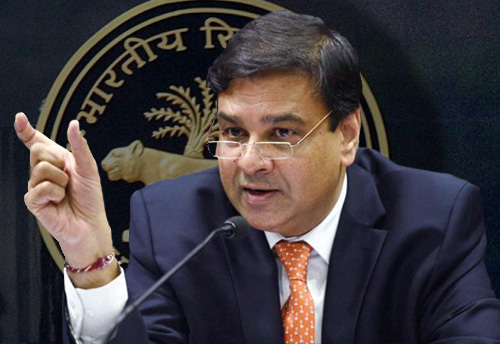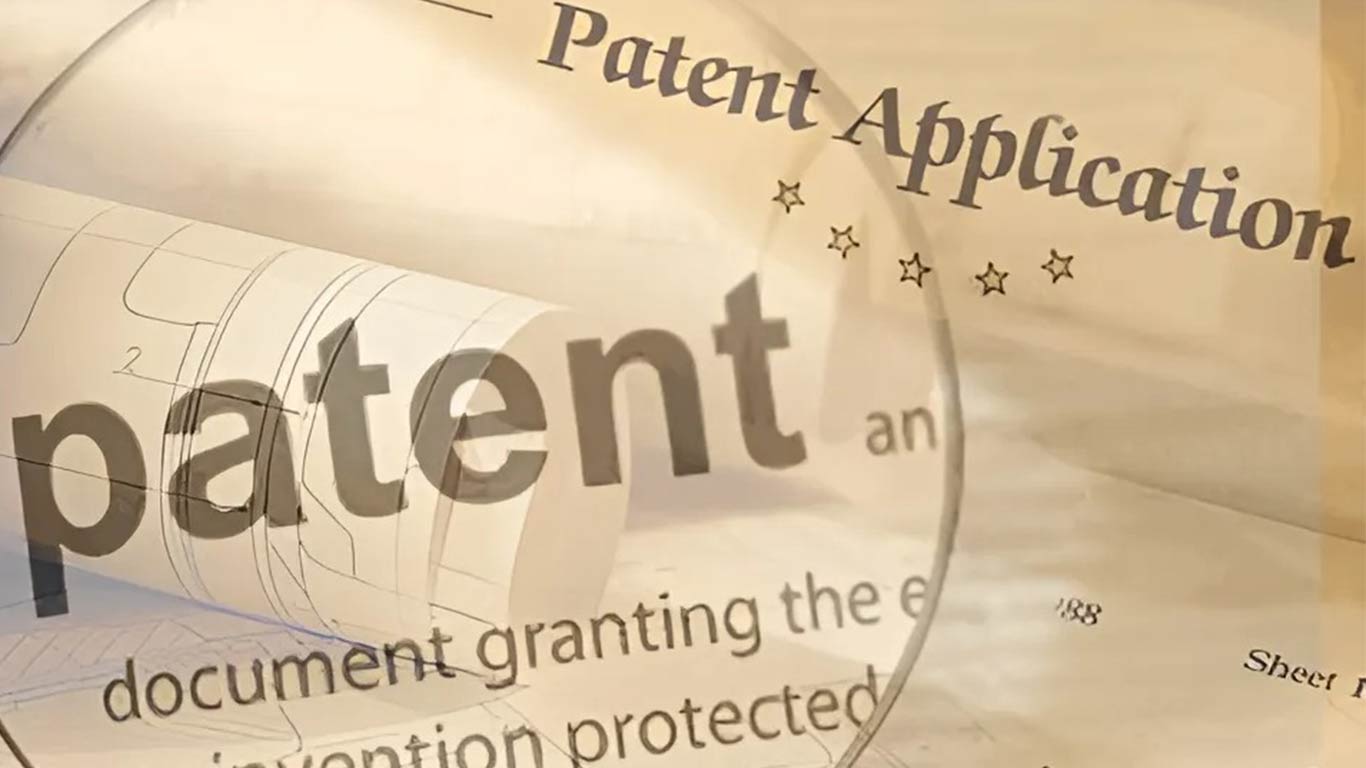No Banking Regulator Can Catch or Prevent All Frauds: Urjit Patel
Updated: Mar 16, 2018 05:51:56am

No Banking Regulator Can Catch or Prevent All Frauds: Urjit Patel
New Delhi, Mar 16 (KNN) The revised framework for prompt recognition and resolution of stressed assets specifically excludes the revival and rehabilitation of Micro, Small and Medium Enterprises (MSMEs) with exposures of up to Rs. 25 crore, which shall continue to be covered under the earlier norms, said RBI Governor Urjit Patel.
He said, “We believe this is precisely the fundamental reform needed in order to strengthen the credit culture at origination, default, asset quality recognition and resolution stages. By so doing, it should weaken in the first-place opportunities for engaging in frauds relating to loan advances.”
He was delivering inaugural lecture at Centre for Law & Economics, Centre for Banking & Financial Laws Gujarat National Law University, Gandhinagar. He was speaking on Banking Regulatory Powers Should Be Ownership Neutral.
Clarifying the rationale behind RBI’s revised framework for prompt recognition and resolution of stressed assets, he said, “The framework that was released last month remains somewhat under-appreciated in terms of its importance.”
He said the Banking Regulation (Amendment) Act, 2017, and the subsequent authorisation given by the Government of India therein, has empowered the Reserve Bank to issue directions to the banks for resolution of stressed assets, including referring assets to the Insolvency and Bankruptcy Code 2016 (IBC).
The Reserve Bank has taken steps over the last year in this direction, with a focus on reference to the IBC of certain large value stressed accounts, covering approximately 40% of banking sector’s overall exposure to the stressed assets.
The RBI Governor said the revised framework is a step towards taking these initial steps to their natural conclusion and laying down a steady-state approach.
The steady-state approach is aimed at ensuring early resolution of stressed assets in a transparent and time-bound manner so that maximum value could be realised by the lenders while also recognising the potential ongoing concern value of stressed assets. As explained below, this approach is a positive step towards strengthening the credit culture in the economy, at both borrowers and banks.
Stressing on the need to refocus on the bigger issue of Stressed Assets Resolution, Patel said, “The broad conclusion that has been universally reached is that enterprises in India have over and over again received excessive credit during loan growth cycles, which is followed soon after with repayment problems. Rather than resolving stressed credit problems swiftly, banks–either through loan-level “fudges” or refusal to recognise the true asset quality of the credits – have allowed promoters in charge of enterprises to have a soft landing.”
This soft landing has comprised of even more bank lending so as to keep the accounts artificially in full repayment on past dues, protracted control for promoters over failed assets, and effectively granting them the ability to divert cash and assets, often outside of our jurisdictional reach.
The RBI has been clamping down on the failure to recognise asset quality as non-performing as per its norms by requiring that banks, whose “divergence” exceeds by 15% of the true non-performing assets as per the norms, disclose the divergence.
This should restore some market discipline against such practices, especially in the case of private sector banks. However, ultimately there also needs to be a framework in place for time-bound resolution of the underlying stress in assets that limits the discretion of banks to delay the recognition of stress, ever-green “zombie” or living-dead borrowers, and poorly allocate credit, said the RBI Governor.
Referring to the PNB Scam, Patel said, “There has been a tendency in the pronouncements post revelation of the fraud that RBI supervision team should have caught it. While that can always be said ex post with any fraud, it is simply infeasible for a banking regulator to be in every nook and corner of banking activity to rule out frauds by “being there”.
If a regulator could achieve such perfect outcomes, it would effectively imply that the regulator can do anything that banks can do, and by implication, can simply perform the entire banking intermediation activity itself. What is needed is that various mechanisms to deter frauds and other irregularities are in place and have bite so that fraud incidence is low and magnitudes contained. Indeed, frauds have happened at banks in regimes with varied levels of banking regulatory quality and in both public and private banks, Patel added.
In his concluding remark, the RBI chief said, “I have chosen to speak today to convey that we at the Reserve Bank of India also feel the anger, hurt and pain at the banking sector frauds and irregularities. In plain simple English, these practices amount to a looting of our country’s future by some in the business community, in cahoots with some lenders.
As safeguards of your deposits at banks, and starting with the Asset Quality Review of banks announced by the Reserve Bank in 2015 – since ably conducted by our supervisory teams and as acknowledged objectively by experts of reputed multilateral agencies, we are doing all we can to break this unholy nexus,” Patel added. (KNN Bureau)











